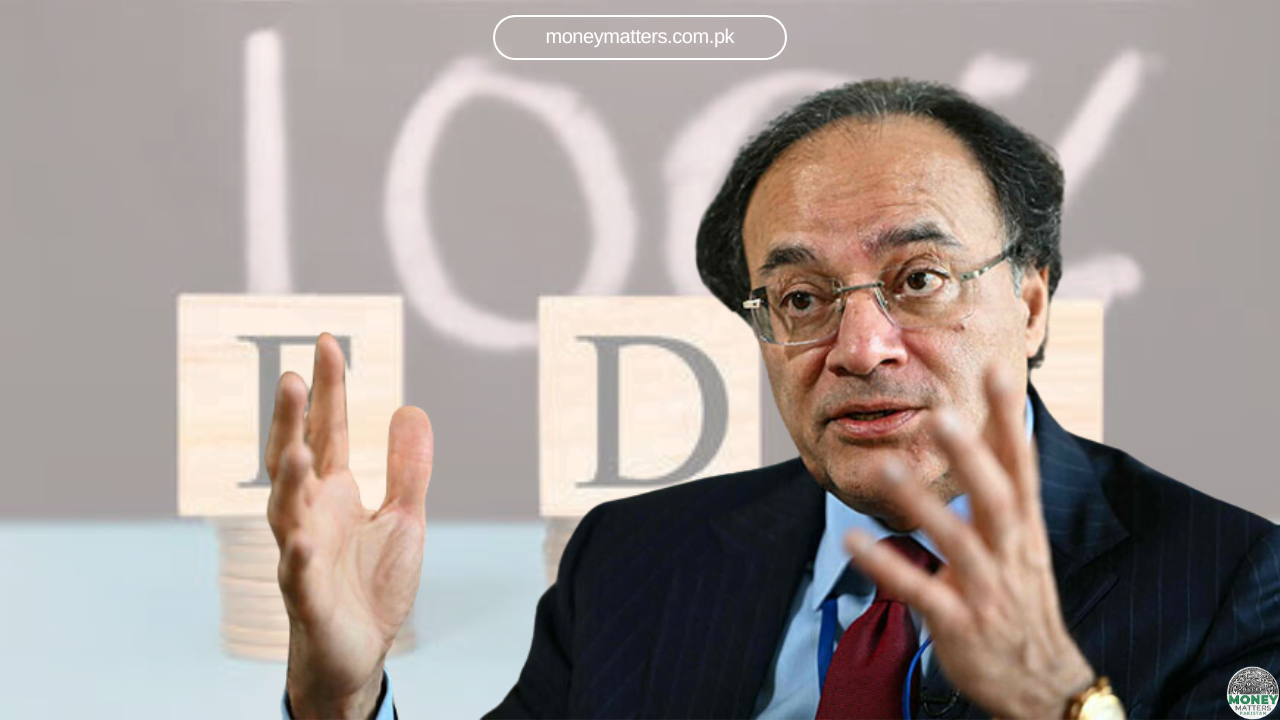Key Takeaways:
– Pakistan aims to attract foreign investment and extend current loans to meet its financial needs.
– The country is set to implement a $7 billion agreement with the IMF, which includes tough economic measures.
– Finance Minister Muhammad Aurangzeb is optimistic about managing the financial gap through foreign direct investment and support from international allies.
Government Plans to Attract Foreign Investment
Pakistan is making efforts to secure foreign investment and extend existing loans to fulfill its external financing requirements as it gears up to implement a new $7 billion agreement with the International Monetary Fund (IMF). Finance Minister Muhammad Aurangzeb discussed these plans in a recent interview.
IMF Agreement and Economic Measures
The 37-month IMF agreement demands Pakistan to adopt stringent measures, including higher taxes on agriculture and increased electricity prices. These policies have sparked concerns regarding their potential impact on the country’s low and middle-income populations, already burdened by inflation.
Historical Reliance on IMF and Allies
Historically, Pakistan has frequently turned to IMF programs to avoid financial crises, occasionally nearing default. The nation has also relied on financial aid from allies such as the United Arab Emirates (UAE) and Saudi Arabia to meet IMF targets.
The IMF has noted that the new Extended Fund Facility program requires approval from its Executive Board and confirmation of necessary financing from Pakistan’s development and bilateral partners.
Focus on Sustainable Financial Solutions
Aurangzeb emphasized that while external financing remains vital, the government is now concentrating on sustainable solutions like attracting foreign direct investment and securing climate finance. He mentioned ongoing efforts to attract investment in significant projects, including the Reko Diq copper and gold mine, and partnerships with Saudi Arabia and the UAE.
Support from International Partners
Support from Saudi Arabia, the UAE, and China, alongside IMF assistance, has been critical for Pakistan’s financial stability. The IMF has noted that the new Extended Fund Facility program requires approval from its Executive Board and confirmation of necessary financing from Pakistan’s development and bilateral partners.
Managing the Financial Gap
Aurangzeb expressed confidence in managing the external financing gap, describing it as “manageable and doable.” Pakistan, the IMF’s fifth-largest debtor, also expects substantial investment from the World Bank’s International Finance Corporation (IFC) in the Reko Diq project. Aurangzeb plans to discuss further reforms with China during an upcoming visit.




